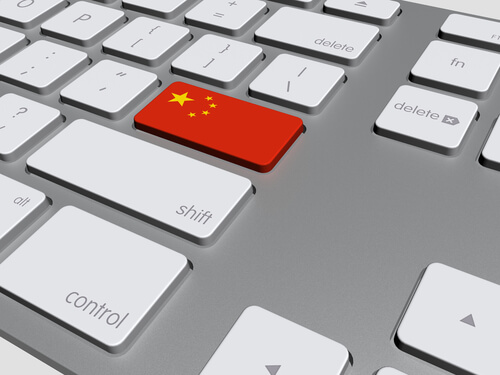
This research paper discusses the action in 2004 by Google to acquiesce to the demands of the Chinese government for internet censorship. It overviews why the decision was demanded and discusses some of the ramifications.
It would be fair to say that Google is arguably the most respected and most established search engine on the Internet, and has been so for the last decade and beyond. However, their relationship with China and Chinese culture took a turn for the worse in 2004 when Google gave in to the Chinese government and the domain Google.cn became banned and censored within the country. It was not until people logged on to search for their daily news and social media updates that they realized the censorship had taken place, and it marked the first time in the history of the internet that a search engine had censored any kind of content. As of September 2004, Google ceased in providing Chinese users with content after inputting in the search feature.
One of the key reasons for this censorship was to do with the former leader Zhao Ziyang, who died in 2005. He was a figure of much hope in China and he inspired and motivated a great following, with his most famous speech coming during the historical event at Tiananmen Square on May 19th 1989. Part of his statement read:
"Students, we came too late. We are sorry. You talk about us, criticize us, it is all necessary. The reason that I came here is not to ask you to forgive us. All I want to say is that students are getting very weak, it is the 7th day since you went on hunger strike, you can't continue like this."
The students he addressed were protesting the economic policies of the incumbent government, and Zhao expressed the sentiment that his generation were old and it didn't matter to them anymore, and that the policies were unfair to the younger generations. As a result of this outspoken appearance, Zhao, a government official at the time, was placed under house arrest and kept in that condition until his death in 2005. The Chinese people did not know the entirety of this story as a result of the strict censorship, and the censorship was put in place because they did not want a rebellion to form and rise against the government. They also did not want people to organize to gather at Zhao's funeral on January 17th.
There has been a wide range of reactions from the Chinese people about the fact they are no longer able to freely access the Internet. Students are unable to do simple things like research papers and gather information to aid their studies, and many other areas of work have been affected by the strict censorship. Alternative options for gathering news and information are much slower and more susceptible to being doctored by the Chinese government.
Although China is now taking more strides on its way to becoming a freer society, the country is still very much considered a dictatorship. The Internet, known as the World Wide Web, is something that is meant to be easily accessible and unaltered for everyone, and it really says something that the people of China are unable to do simple search engine tasks because their government is being so oppressive.
Because of their submittal to the Chinese government, Google has come in for some heavy criticism from many tech groups and organizations around the world. One group, Dynamic Internet Technology became aware of Google's actions and have become dedicated to researching ways to try to reverse the censorship process.
Overall, you could say that Google took a huge risk in censoring an entire country's worth of search results, and it is still very much having ramifications and consequences 10+ years on. Even though some censorship has been relaxed in China, there are still searches that simply respond with a "results cannot be displayed" page - for example, any search on persecution, Tibetan independence and democracy movements.
In a world where digital communication greatly aids free movement of information, it is an indictment of the control over human rights one government has over 1.3+ billion people.






